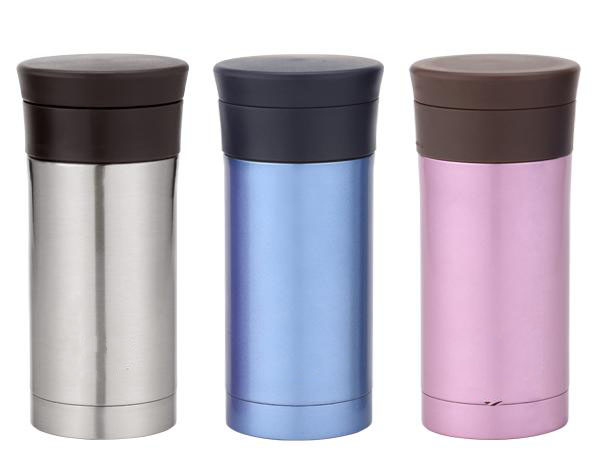Affected by employment pressure, the age of marriage and childbirth of modern people is constantly being pushed back, but female fertility will gradually decrease with age. Faced with this contradiction, American scientists have found a preliminary solution. In the future, women may judge their fertility by deoxyribonucleic acid (DNA) testing, thereby deciding when to have children. Dilemma Research shows that a newborn girl has about 1 to 2 million primordial follicles in her ovary. After sexual maturity, the primordial follicles, after undergoing periodic growth and development, finally release a fully developed egg during ovulation. A total of about 400 mature eggs can be produced in a woman's life. The number of primordial follicles will gradually decrease as women age. Adolescent girls have about 400,000 primordial follicles, while menopausal women have only a few hundred follicles in their ovaries. The follicular reserve in the female ovary directly affects the number of ovulations. Most women have a sharp decrease in the number of follicles around the age of 35, which reduces fertility. However, about 10% of women under 30 years of age have experienced a sharp decrease in the number of follicles, premature ovarian failure leads to early reduction in fertility. Therefore, for young women who do not know whether to start a business or have children first, using scientific methods to predict future fertility becomes the key to decision. Fertility testing The British "New Scientist" weekly quoted Norbert Glecher, a researcher at the American Center for Human Reproduction Research, on November 4th: "By testing the X chromosome of a young woman aged 18 or over, we can accurately predict her fertility. Whether the ability will be reduced early. " In the study, Glecher analyzed and compared the X chromosome base arrangement of 316 women and the follicular reserve in the ovary. The results show that the X chromosome base arrangement is closely related to the number of mature eggs in the ovary. Most women have 28 to 33 CGG bases in the X chromosome. The possibility of early menopause in women will increase as the number of CGG bases in the X chromosome increases. Gregel said that the method of predicting the future fertility of women by detecting the base arrangement in the X chromosome is expected to be officially put into clinical application in 2010 at the earliest. Women with abnormal chromosome test results also need to be tested for hormone levels to determine whether the egg reserves in the ovaries are really losing too fast. there is controversy Although Glecher is confident in the research results, some other researchers believe that the number of research subjects is too small and the time is too short, and the results of the research need to be further demonstrated. Stepheny Sherman, a researcher at Emory University in the United States, said: "He needs to track the women who participated in the study, and only time will prove the accuracy of the prediction. Researcher Frank Brookman of the Utrecht Medical Center in the Netherlands emphasized that women with low egg reserves are generally low in fertility, but it cannot be ruled out that some women with low egg reserves still have strong fertility. A vacuum flask (also known as a Dewar flask, Dewar bottle or thermos) is an insulating storage vessel that greatly lengthens the time over which its contents remain hotter or cooler than the flask's surroundings. Invented by Sir James Dewar in 1892, the vacuum flask consists of two flasks, placed one within the other and joined at the neck. The gap between the two flasks is partially evacuated of air, creating a near-vacuum which significantly reduces heat transfer by conduction or convection. Stainless Steel Vacuum Bottle,Thermos Flask Bottle,High-Capacity Vacuum Bottle HOMEARTS INDUSTRIAL CO.,LTD , http://www.homeartschina.com
Vacuum flasks are used domestically to keep beverages hot or cold for extended periods of time and for many purposes in industry.

January 23, 2021